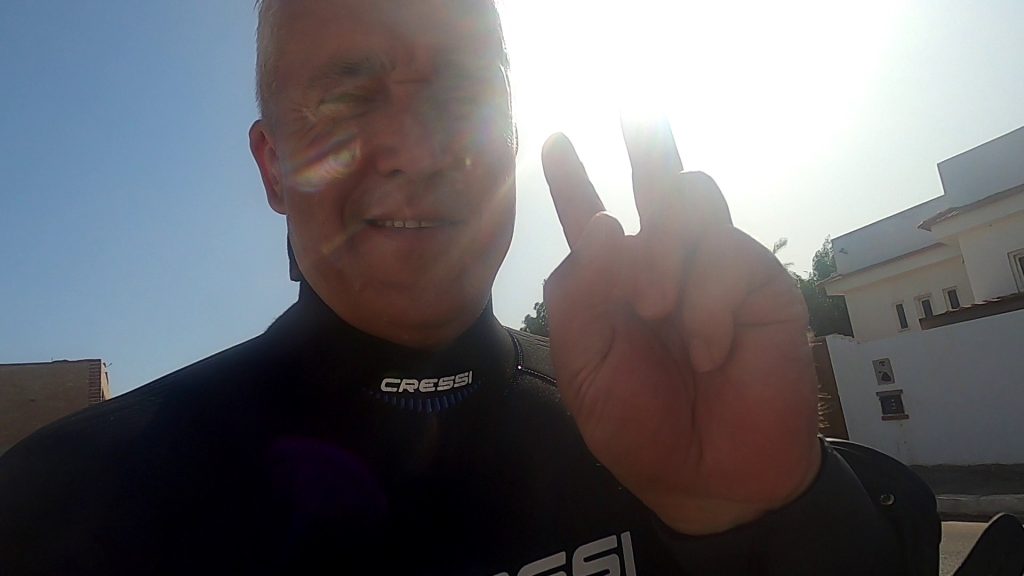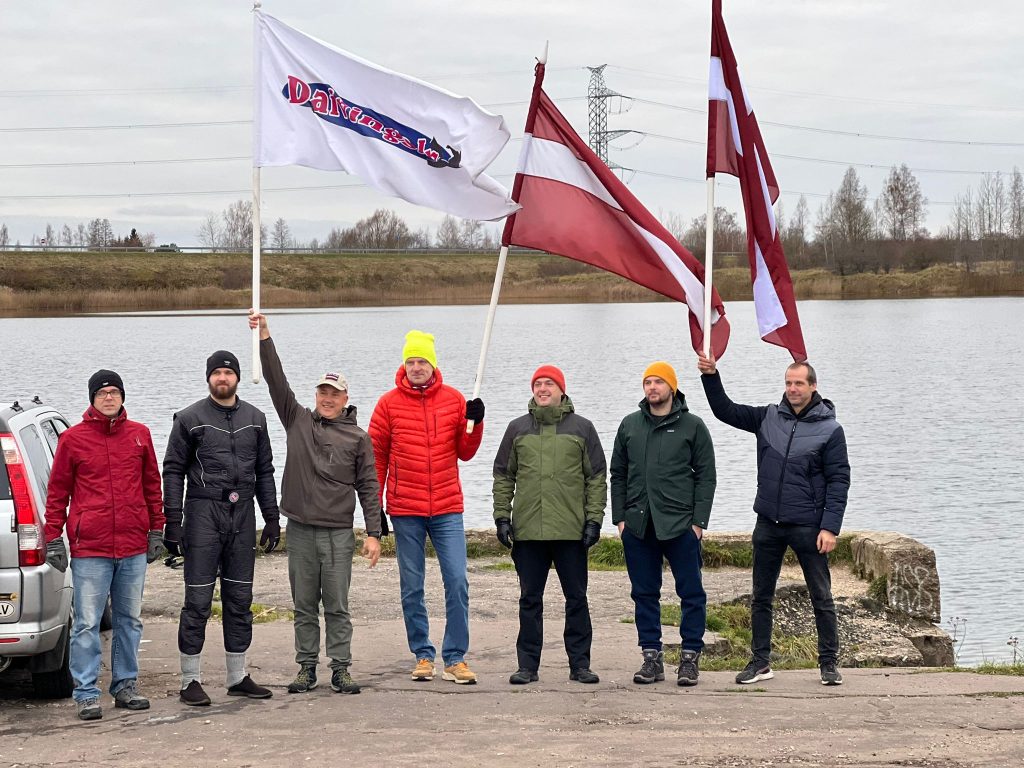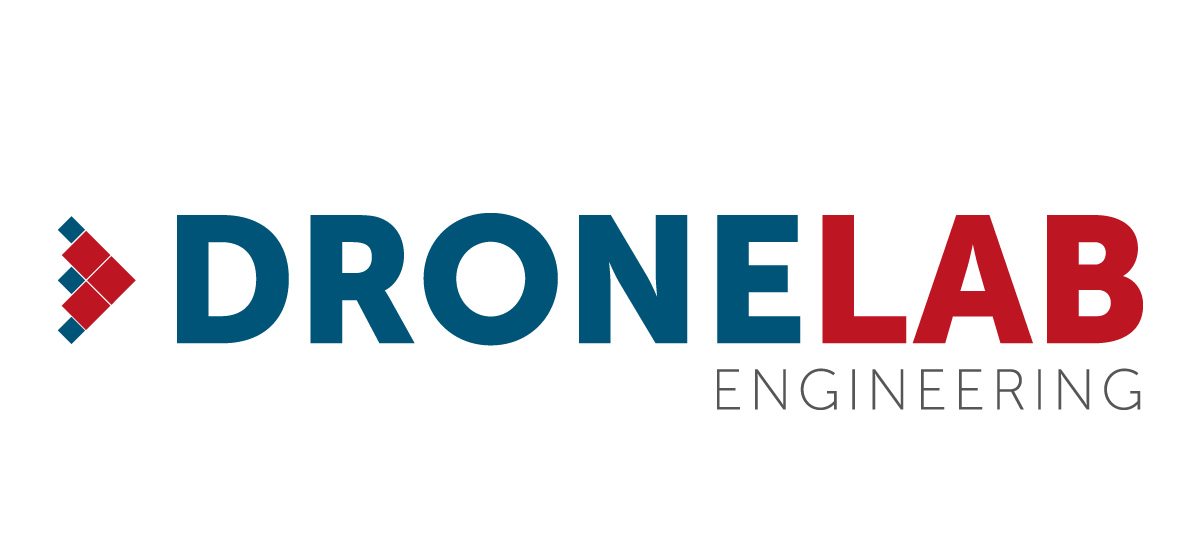Embarking on the journey of underwater exploration through diving, freediving, or snorkeling is a thrilling endeavor, demanding both dedication and physical fitness. For aspiring divers, the decision of where to pursue their first underwater diving certificate is a crucial one. In this exploration, we dive into the depths of this decision-making process, considering the pros and cons of obtaining the first diving certificate at home or in vacation paradises like Egypt, Cyprus, Malta, or Tenerife. Drawing from the wisdom of experienced scuba diving expert, Master Scuba Diver instructor Valters Preimanis, we unravel the considerations for those eager to explore the mysteries beneath the waves.

Pros and Cons of Training at Home:

Pros:
- Familiar Environment: Training in familiar surroundings allows for a more comfortable and less intimidating learning experience. Familiarity with local conditions and facilities can contribute to a smoother learning curve.
- Optimal Learning Conditions: Latvia offers diverse environments for training, including pool sessions and open water lessons. The controlled setting of a pool ensures a gradual progression of skills, while open water experiences add real-world challenges.
- Flexible Schedule: Learning at home provides flexibility in scheduling lessons without the constraints of a vacation timeframe. This flexibility can be particularly advantageous for individuals with busy schedules.
- Community Integration: Local training fosters a sense of community among fellow divers. Building connections with diving enthusiasts in your area creates a support system that can enhance the overall diving experience.
- Cost-Effective: Learning to dive at home often proves to be more cost-effective, as there are no additional expenses related to travel and accommodation.
Cons:
- Weather Dependency: The weather in Latvia can be unpredictable, and adverse conditions may impact the frequency of open water lessons. This could potentially prolong the overall training period.
- Limited Visibility: Baltic waters may not offer the crystal-clear visibility found in some exotic locations. While it provides unique challenges, it might not replicate the conditions divers will encounter in tropical destinations.
- Temperate Water: Cold water temperatures in the Baltic Sea can be challenging for some divers. Adapting to the temperature may require additional effort and adjustment.
- Less Exotic Setting: Learning at home might lack the allure of exploring vibrant coral reefs and diverse marine life found in more tropical locations.
- Potential Distractions: The familiarity of the environment might lead to distractions, as divers may be tempted to focus on daily life rather than fully immersing themselves in the training experience.

Pros and Cons of Training Abroad:
Pros:
- Exotic Locations: Learning to dive in places like Egypt, Cyprus, Malta, or Tenerife offers the chance to explore exotic underwater landscapes with stunning marine biodiversity.
- Optimal Weather Conditions: Tropical destinations provide consistent and favorable weather conditions, ensuring a more predictable and enjoyable learning experience.
- Clear Visibility: Crystal-clear waters in these locations enhance visibility, allowing divers to fully appreciate the underwater beauty and practice skills in optimal conditions.
- Dive Tourism Experience: Training abroad immerses divers in the world of dive tourism, exposing them to different cultures and diving communities from around the globe.
- Focused Learning: Being away from the distractions of everyday life allows divers to focus entirely on their training, accelerating the learning process.
Cons:
- Cost: Training abroad can be more expensive, factoring in travel, accommodation, and potentially higher course fees.
- Limited Local Connections: Training in a foreign location might result in fewer connections with local divers, impacting the development of a supportive diving community.
- Intensive Schedule: The condensed timeframe of a vacation may require a more intensive training schedule, potentially leading to stress and information overload.
- Cultural and Language Barriers: Communication challenges and cultural differences may arise, affecting the overall comfort and understanding during training.
- Limited Adaptation to Local Conditions: Divers trained abroad may find it challenging to adapt their skills to their home environment, which could have different conditions and challenges.
Diving Instructor’s Perspective:
Master Scuba Diver tainer and instructor Valters Preimanis weighs in on the decision: “Both options have their merits, but it ultimately depends on the individual’s preferences and priorities. Training at home provides a solid foundation in diverse conditions, while training abroad offers a unique and immersive experience. It’s crucial to consider your comfort level, budget, and the type of diving experiences you aspire to have.”
Conclusion:
In the realm of underwater exploration, the choice between training at home and training abroad is a personal journey. Each path presents its own set of pros and cons, and the decision hinges on factors such as personal preferences, budget, and the desire for a cultural or exotic diving experience. Regardless of the choice, the goal remains the same: to become a passionate and skilled diver ready to explore the wonders that lie beneath the surface.
PADI DIVING COURSES
If you have no experience, then start with PADI Open Water Diver course, which is the foundation and knowledge base for all subsequent courses. We have been preparing, training and certifying divers for 20 years. We offer <30 different specializations in the training of divers and the issuance of international PADI underwater diving certificates. Internships for diving professionals Divemaster (GO-PRO – from beginner to PADI Divemaster). We organize diving trips, follow us!
We train in Riga, Marupe region (prior registration required, phone /WhatsApp 220-77-202)
Latvian diving instructor Valters Preimanis, who teaches diving at the club DIVING, awarded PADI Elite Instructor Award (2020 PADI Elite Instructor Award) for its contribution to the development of diving in 2020. Instructor Valters Preimanis has been awarded the PADI Elite Instructor Award for 2018, 2019 and 2020.
References:
- Professional Association of Diving Instructors (PADI) Open Water Diver Course Manual.
- Diving Safety and Health: Diving in Baltic Sea Conditions, 2022.
- The Complete Diver: The History, Science, and Practice of Scuba Diving by Alex Brylske, 2018.
